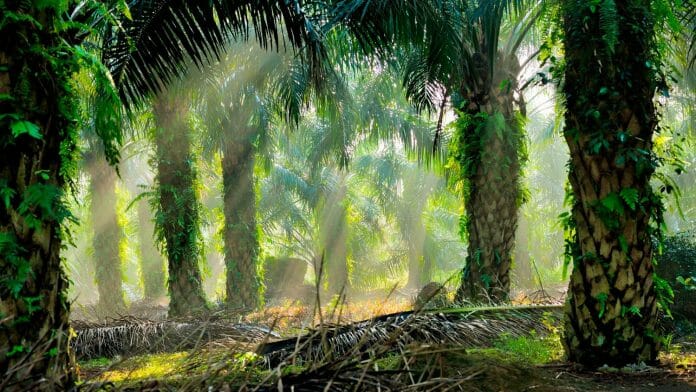EU consumed on average 7.8mt of palm oil a year (ie ~10% of global palm oil share) over the past 5 years, of which ~3.3mt was for non-biofuel use.
The latest EU law Cutting deforestation may introduce some uncertainty for now as the mechanism for proof of traceability to a non-deforestation source(s) is unclear. While compliance may be onerous, Maybank IB believes it is not impossible. After all, new oil palm planting has slowed sharply since 2015.
Only deforestation-free commodity for EU
On 5 Dec 2022, the EU agreed on a new law on deforestation-free supply chains. It will be formally adopted and come into force in 18 months (while micro and small enterprises will enjoy a longer adaptation period). The new law ensures that a set of key goods placed on the EU market will no longer contribute to deforestation and forest degradation in the EU and elsewhere in the world. When the new rules enter into force, all relevant companies will have to conduct strict due diligence if they are to import into the EU, and export from the EU: palm oil, cattle, soy, coffee, cocoa, timber and rubbers as well as derived products (such as beef, furniture, chocolate, etc). Operators and traders will have to prove that the products are both deforestation-free (produced on land that is not subject to deforestation after 31 Dec 2020) and legal (compliant with
all relevant applicable laws in force in the country of production).
Companies will also need to collect precise geographical information on the farmland from where the commodities they source have been grown for traceability. Failure to comply with the new law will result in a penalty that is at least 4% of the turnover of a company in the EU.
Traceability becomes key to EU market access
Positively, the law does not target palm oil alone but included soy (which is fast growing in South America). However, sunflower and rapeseed are noticeably absent from the list leading some to argue this is a form of nontariff barrier imposed by the EU. The new law will definitely make lives more difficult for growers (especially smallholders) and exporters to show
proof that palm oils are produced sustainably and traceable to the estate.
Traceability becomes key to access EU markets in the future. Nonetheless, plantation companies are still awaiting the final legislation as details remain sketchy at this juncture on the acceptable mechanism of implementation. Prima facie, from a country-risk perspective, it appears the MY-origin palm oil faces lower risk than the ID-origin as MY’s total oil palm planted area actually shrank since 2020 to just 5.74m ha planted by end-2021 while ID continued to grow slowly to ~15.1m ha planted.
Rough 18 months ahead for exporters (to EU)
This new law has definitely added complexity to the export process into EU. Maybank IB believes planters vying for the EU market will accelerate investments into traceability (and hopefully be compensated with higher price premiums). At the same time, the MY and ID governments need to collaborate and quickly find acceptable solutions and mechanisms with their EU counterparts to show proof traceability to ensure minimal export disruptions to the EU in 18 months’ time









